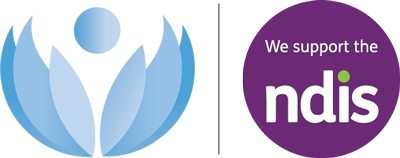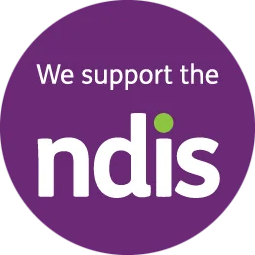| Policy Code | HRP003.03 |
| Person Responsible | Director |
| Status (Draft/Released) | Released |
| Date Last Updated | 15 December 2023 |
1.0 Purpose and Scope
This Code of Conduct outlines the expected standards of behaviour with and in the company of children, including online conduct.
This policy and procedure applies to the Director, and any additional staff, students, contractors and volunteers.
2.0 Code of Conduct
All personnel are required to observe child safe principles and expectations for appropriate behaviour towards and in the company of children, as described below.
All personnel are responsible for supporting the safety, participation, wellbeing and empowerment of children by:
- adhering to the Child Safe Policy at all times
- taking all reasonable steps to protect children from abuse
- treating everyone with respect
- listening and responding to the views and concerns of children, particularly if they are telling you that they or another child has been abused and/or are worried about their safety or the safety of another
- promoting the cultural safety, participation and empowerment of Aboriginal children (for example, by never questioning an Aboriginal child’s self-identification)
- promoting the cultural safety, participation and empowerment of children with culturally and/or linguistically diverse backgrounds (for example, by having a zero tolerance of discrimination)
- taking a zero tolerance approach to racism, and report instances of it to your Supervisor
- acting to promote an inclusive and respectful culture within the organisation
- supporting children to express their culture and enjoy their cultural rights
- promoting the safety, participation and empowerment of children with a disability (for example, during personal care activities)
- recognising that discriminatory behaviour towards LGBTIQ people is harmful and unacceptable, and taking appropriate action in response to this (e.g. reporting to your Supervisor)
- ensuring as far as practicable that adults are not left alone with a child
- reporting any allegations of child abuse to the Director and ensure any allegation to reported to the police or child protection
- reporting any child safety concerns to the Director
- if an allegation of child abuse is made, ensure as quickly as possible that the child(ren) are safe
- encouraging children to ‘have a say’ and participate in all relevant organisational activities where possible, especially on issues that are important to them.
Staff and volunteers must not:
- develop any ‘special’ relationships with children that could be seen as favouritism (for example, the offering of gifts or special treatment for specific children)
- exhibit behaviours with children which may be construed as unnecessarily physical (for example inappropriate sitting on laps. Sitting on laps could be appropriate sometime, for example while reading a storybook to a small child in an open plan area)
- put children at risk of abuse (for example, by locking doors)
- do things of a personal nature that a child can do for themselves, such as toileting or changing clothes
- engage in open discussions of a mature or adult nature in the presence of children (for example, personal social activities)
- use inappropriate language in the presence of children
- express personal views on cultures, race or sexuality in the presence of children
- discriminate against any child, including because of culture, race, ethnicity or disability
- have contact with a child or their family outside of our organisation without our child safety officer’s knowledge and/or consent (for example, no babysitting). Accidental contact, such as seeing people in the street, is appropriate)
- have any online contact with a child or their family (unless necessary, for example providing families with e-newsletters)
- ignore or disregard any suspected or disclosed child abuse.
By observing these standards you acknowledge your responsibility to immediately report any breach of this code to the Director.
If you believe a child is at immediate risk of abuse phone 000.
Child Safety Reporting
In Victoria, under the Children, Youth and Families Act 2005, mandatory reporters must make a report to child protection, if:
- in the course of practising their profession or carrying out duties of their office, position or employment
- they form a belief on reasonable grounds that a child is in need of protection from physical injury or sexual abuse.
If a worker is worried about a child’s wellbeing but does not believe they are in need of protection, a referral may be made to Child FIRST or The Orange Door. Workers will escalate child safety concerns to the Director (or delegate) for discussion and reporting.
A child may be in need of protection if they have experienced or are at risk of significant harm, and their parents have not protected, or are unlikely to protect them from that harm. Significant harm may relate to:
- physical injury
- sexual abuse
- emotional or intellectual development
- physical development or health
- abandonment or parental incapacity.
To make a report, the Director (or delegate) will contact the child protection intake service covering the local government area (LGA) where the child normally resides. Telephone numbers to make a report during business hours (8.45am-5.00pm), Monday to Friday, are listed below.
- North Division intake: 1300 664 977
- South Division intake: 1300 655 795
- East Division intake: 1300 360 391
- West Division intake – metropolitan: 1300 664 977
- West Division intake – rural and regional: 1800 075 599
After hours Child Protection Emergency Service – 13 12 78
(5.00pm – 9.00am Monday – Friday, 24 hours on weekends and public holidays)
A state-wide after-hours emergency service that receives new reports, as well as concerns for existing child protection clients who are considered to be at immediate risk and require urgent after hours service.


